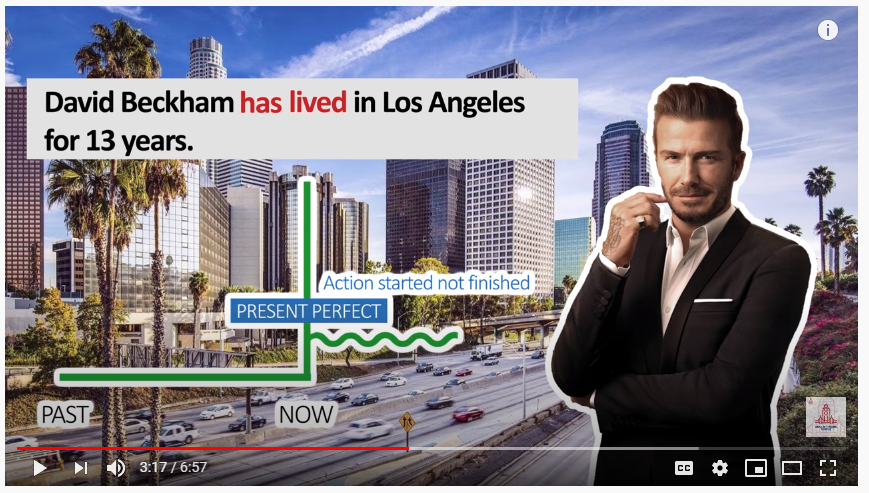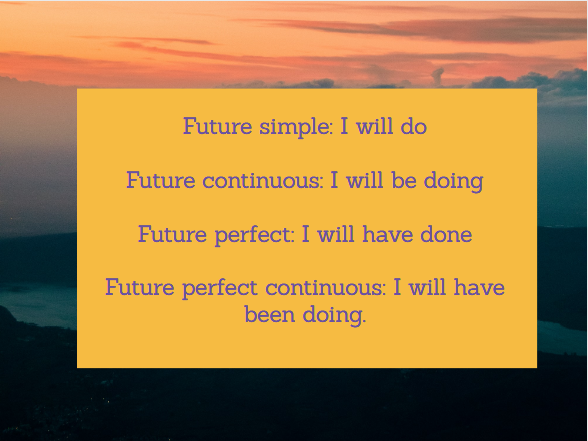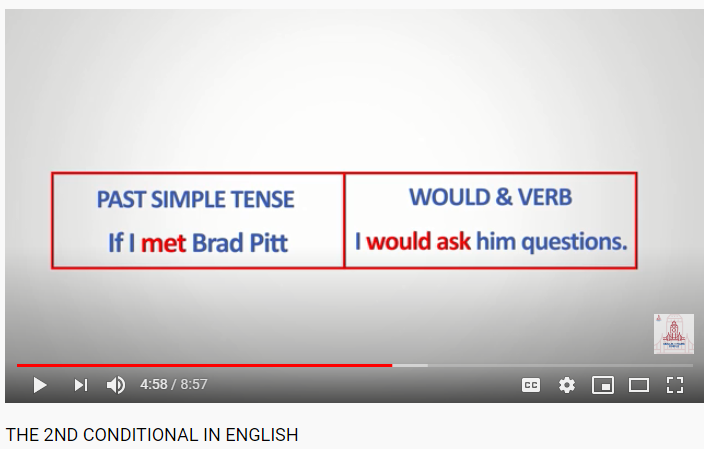Here are some of the most effective ways to improve your English vocabulary. Read books Read online. Watch videos. Try and speak with people. Use the dictionary. Set goals. Use vocabulary books with different topics. Be consistent. 1. Read Books This is one of the best ways to improve your vocabulary and in some ways […]
Importance of Reading Newspapers for Students
Reading newspapers is important for students learning a foreign language including English. In this article we will look at some of the benefits. 1. Expanding vocabulary. When you read a newspaper article you will inevitably see new words and phrases e.g. phrasal verbs that you may not understand. This is good because after seeing […]

The present perfect in English
In this article we will talk about the present perfect. Form The form of the present perfect is we put Subject + past participle. I have done We have done You have done He has done She has done It has done They have done. Remember for he, she and it we use “has” not […]
List of prepositions.
List of prepositions Here is a list of some of the most common prepositions in English. What is a ‘preposition’? A preposition is often about direction and location. Examples of prepositions are words like ‘to’, ‘in’, ‘on’, ‘for’ and so on. A preposition comes before a noun and shows how something is related to that […]

50 questions with who
50 questions with who. The word ‘who’ can either be a question word or it can be a relative pronoun. A relative pronoun is used when we want to describe someone or identify someone. Here are 50 questions with who. Who are you? Who is your teacher? Who is your best friend? Who are your […]

What is the difference between live and lives?
What is the difference between live and lives? The word live can be a verb or an adjective. Live as a verb 1. As a verb it means that someone is not dead but has life e.g. ‘I do not want to die but to live happily’. 2. It can also mean to be […]

What are conjunctions?
CONJUNCTION A conjunction is a word that joins two parts of a sentence like ‘and’, ‘or’ , ‘because’. We could say “Peter likes fruit. He also likes vegetables”, however we can make this one sentence with the conjunction ‘and’. “Peter likes fruit and he also likes vegetables.” 3 types of conjunctions There are 3 types of […]

The future tenses in English, with examples.
The future tenses in English. There are 4 main future tenses in the English language. They are: future simple: I will do future continuous: I will be doing. future perfect: I will have done. future perfect continuous: I will have been doing. In addition to these there is also: Present continuous used for the […]

List of where adverbs
What are adverbs? Adverbs are words that tell us how, when, where something happens. A lot of adverbs end in ‘..-ly’ and tell us how an action has been done. He drives slowly.She speaks quickly. There are many adverbs just like ‘slowly’ and ‘quickly’ that describe a ‘verb’ and tell us how it is done. […]

What are the first and second conditionals?
To read the article on the 0 and 1st conditionals in English please click on this link. Conditionals What are conditionals? Conditionals are sentences that usually begin with ‘IF’. We use them to talk about different possibilities ‘IF’ something happens or happened. There are 4 main types of conditionals in English, as well as […]

